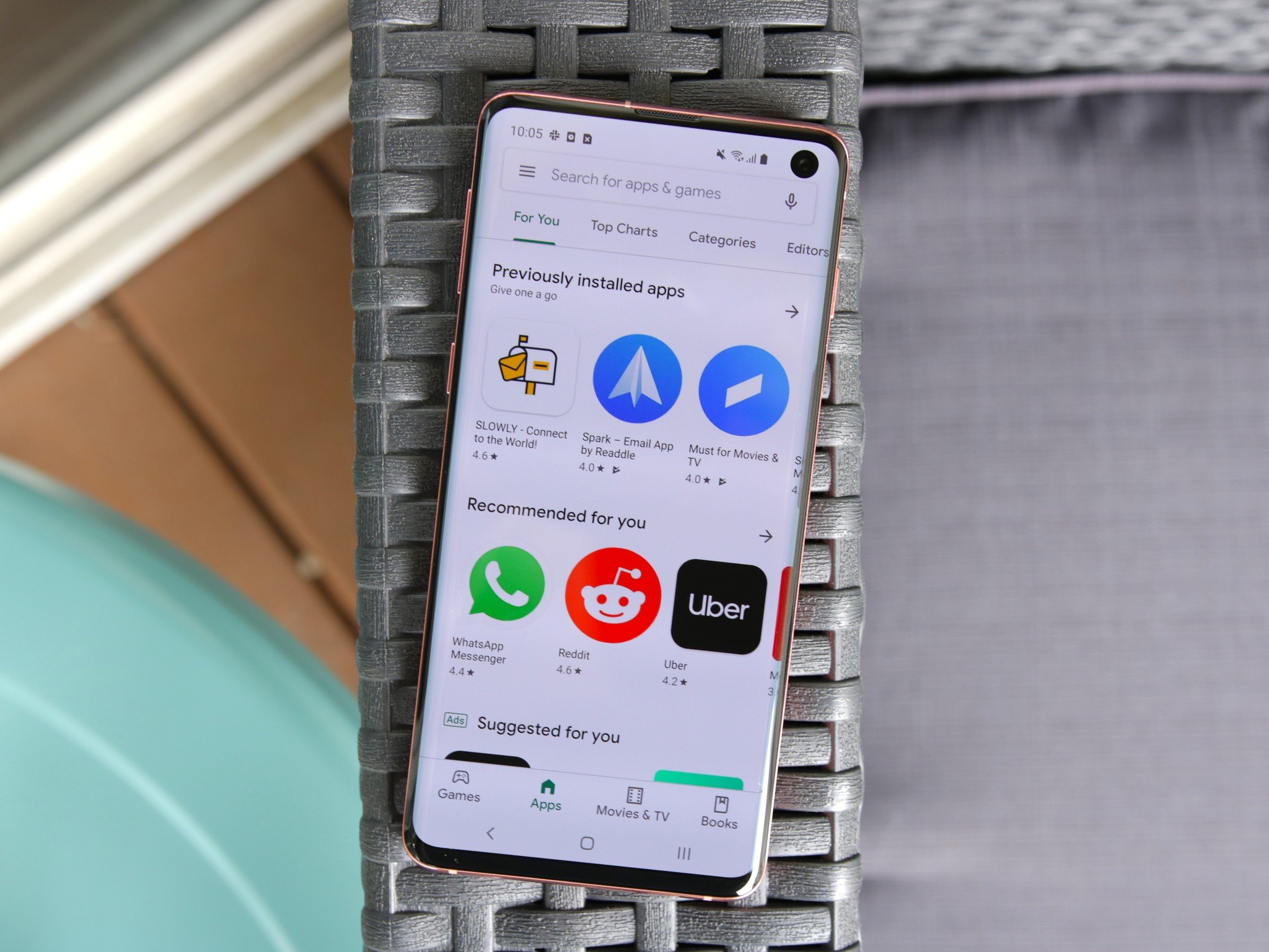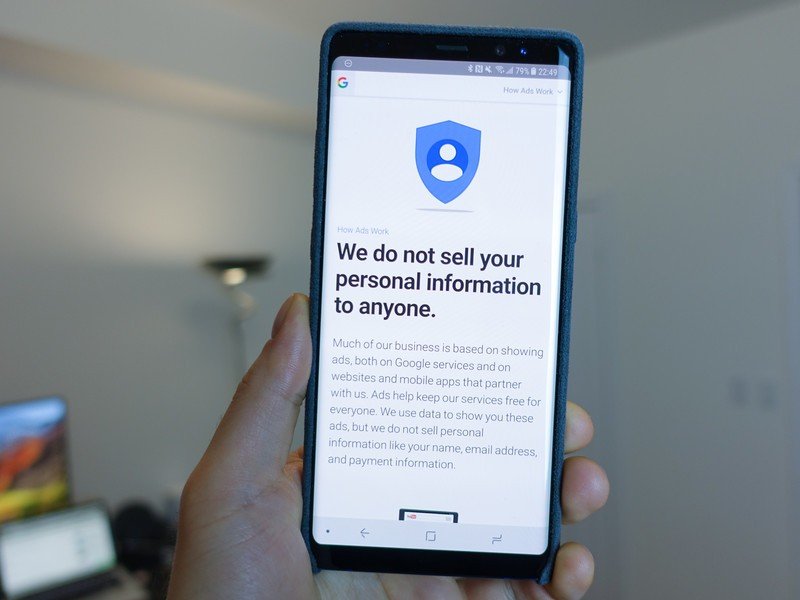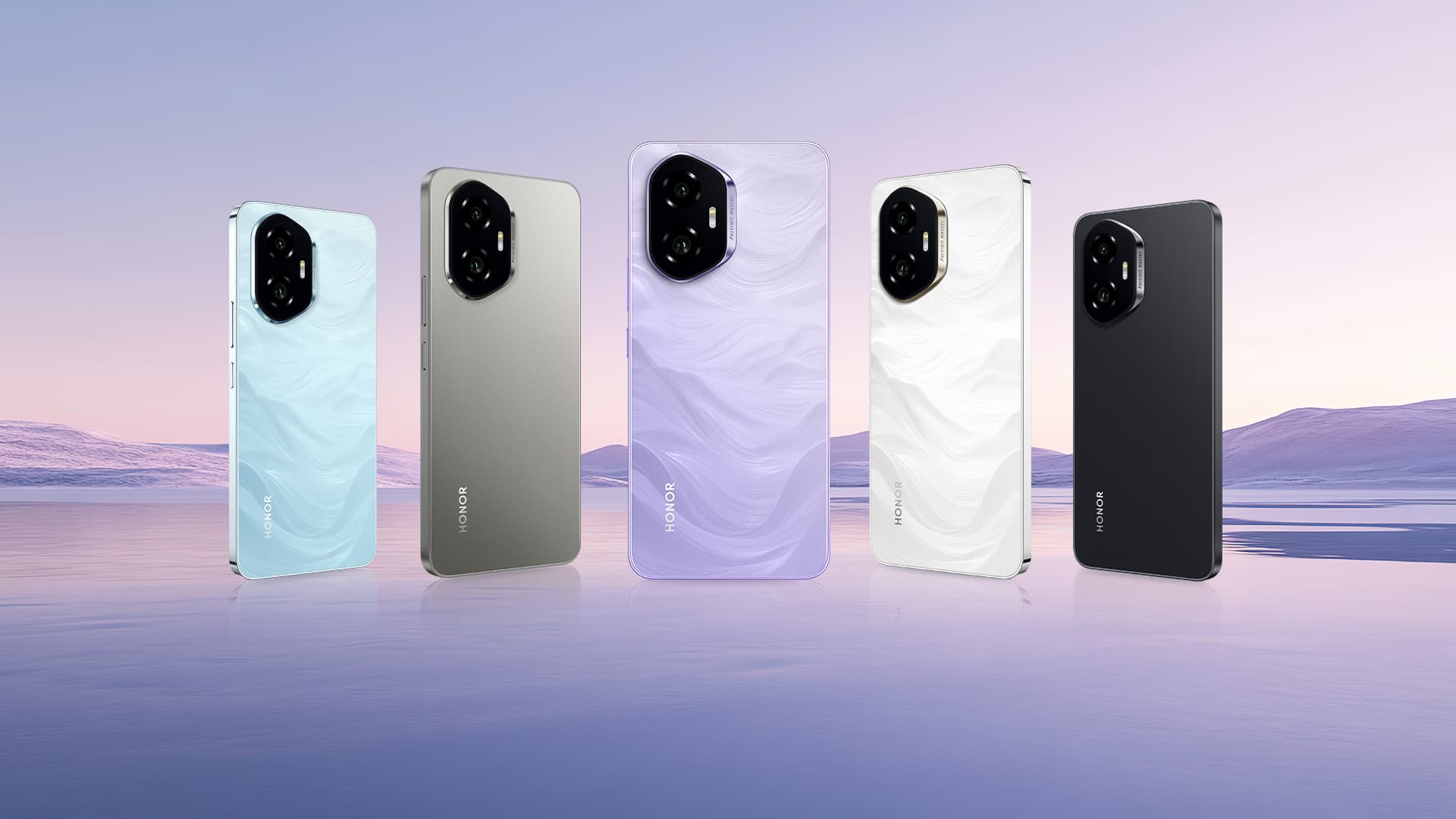Google is working on its own privacy 'nutrition' labels for the Play Store

What you need to know
- Google is said to be working on its own privacy 'nutrition' labels for apps in the Play Store.
- The company's own labels might be less strict than Apple's as Google seeks to promote a healthy ad ecosystem.
- Google said it was always looking for ways to raise the bar on privacy.
Apple's privacy nutrition labels have been in the news lately primarily fueling the company's ongoing feud with Facebook. These labels provided more power to privacy-conscious consumers, giving them tools to see which apps respected their privacy, and which apps were laxer about it. Bloomberg this week reported that Google was working on implementing a similar tool for the Play Store. It's not clear how far in the process it was, the report states that Google was "exploring" and "discussing" these changes, so it could be a while before we see this take place — if at all it does.
Bloomberg notes that Google aims to balance the needs of consumers, developers, and advertisers alike, potentially offering a more lax approach to data privacy than Apple does. "We're always looking for ways to work with developers to raise the bar on privacy while enabling a healthy, ad-supported app ecosystem," a Google spokesman told Bloomberg.

But it's not clear whether these labels will actually help users beyond providing a false veneer of privacy. As anyone who's been overwhelmed by the number of cookie prompts in the EU could tell you, it's more likely than not that people will either scroll past or simply just accept whatever tracking is offered to them. After all, if you need to use Facebook for your Sunday knitting group, knowing what it tracks isn't going to change the calculus much. Aside from that, there's the option available to developers to simply dissemble and misrepresent what they do track.
The Washington Post's Geoffrey A. Fowler found that upon checking "what a couple dozen apps claim about privacy in the App Store, [he] found more than a dozen that were either misleading or flat-out inaccurate." He highlighted a variety of apps including a mobile game, Match 3D, which claimed that it only took "data not linked to you." Fowler found the game "sending an ID for my phone that could be used to track me to more than a dozen different companies."
If Google would want to follow in Apple's footsteps but be more flexible about it, it would still have to overcome Apple's teething issues explored above. Perhaps that's easier said than done, but Google does have less leeway than its competitor when it comes to trust around privacy. If it wants its own privacy labels to be taken seriously, it'll need to be stringent in its verification.
Be an expert in 5 minutes
Get the latest news from Android Central, your trusted companion in the world of Android

